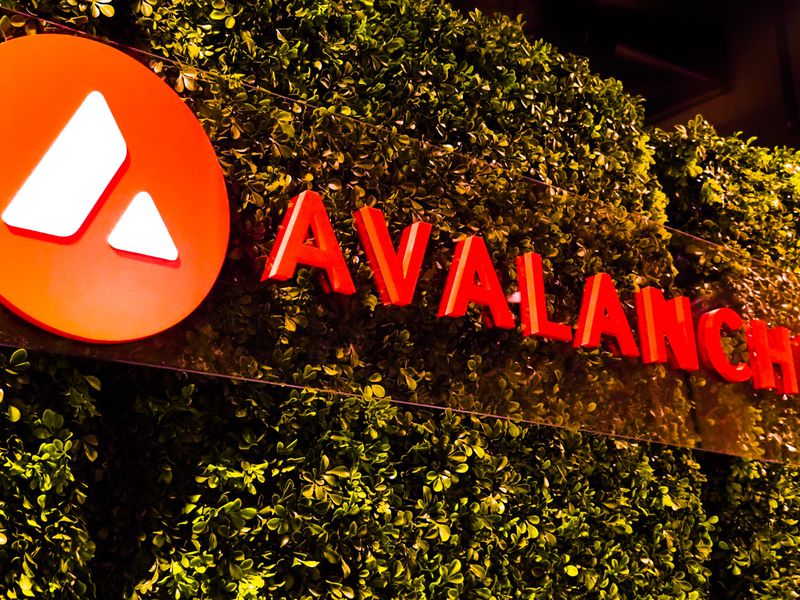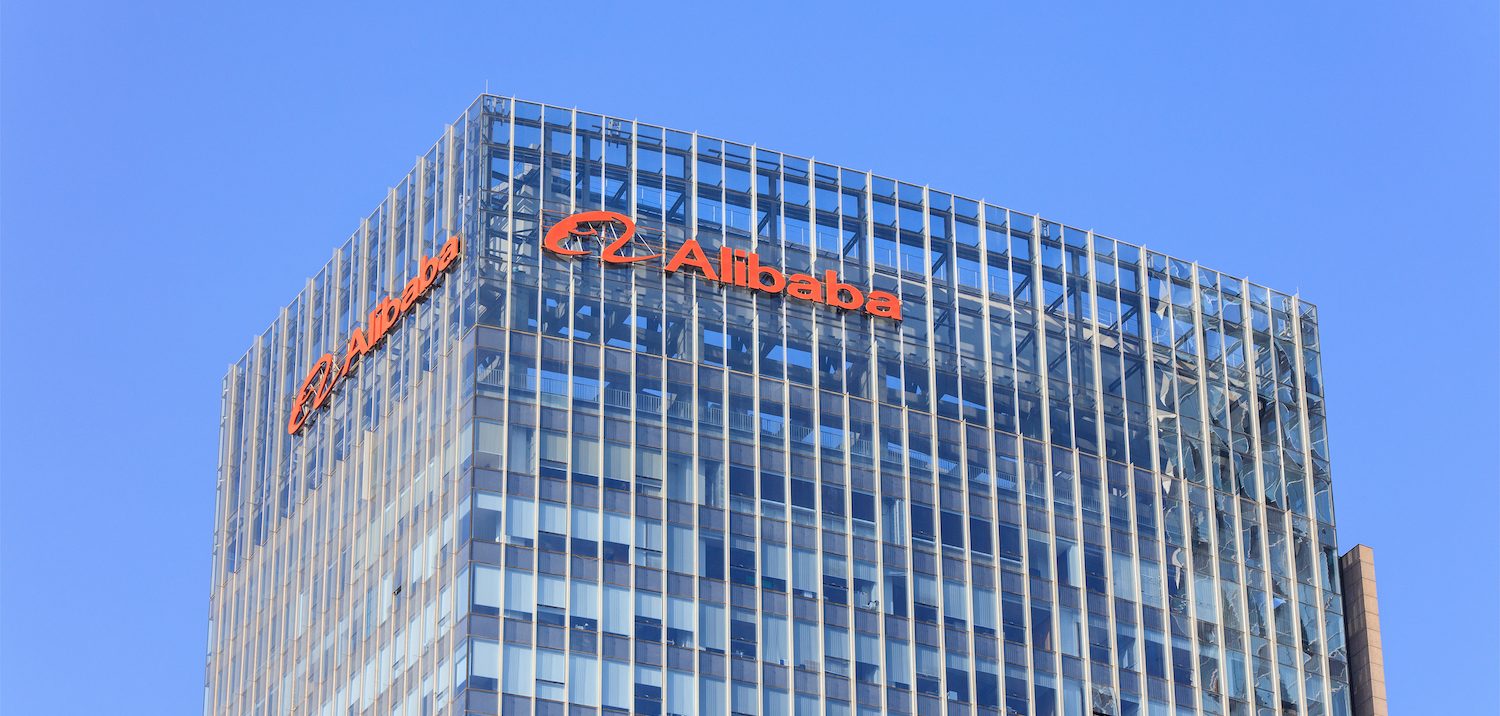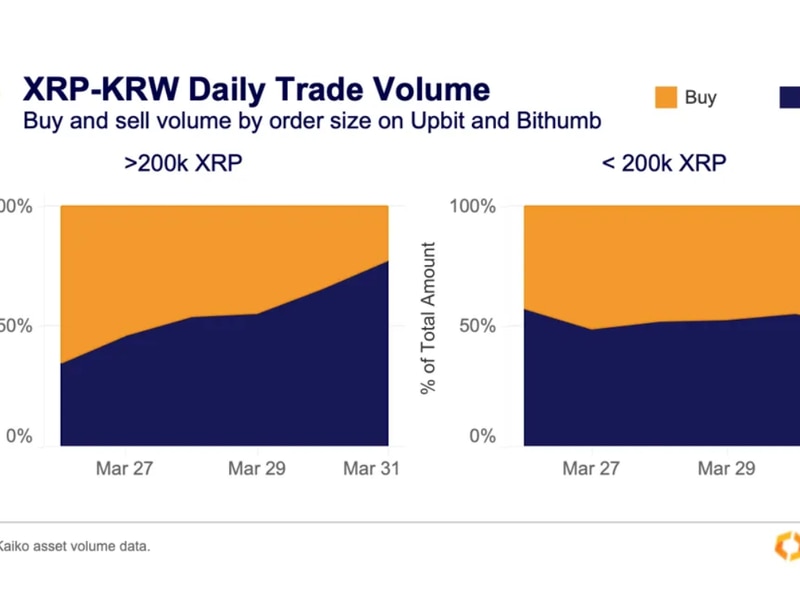As Pandemic Decimates Startups, Privacy Industry Holds Strong
can privacy and security startups survive the financial upheavals of COVID-19? (Credit: Startaê Team/Unsplash)
Buoyed by scandals including Facebook and Cambridge Analytica and the perennial reports of breaches at companies including Equifax and Marriott, the data privacy industry has expanded significantly over the last few years.
The information privacy and security industry was worth an estimated $124 billion in 2019, according to Gartner. The increased demand for privacy-guarding products is driven partly by new laws such as Europe’s General Data Protection Regulation, the research group says.
Before coronavirus, polls showed Americans becoming increasingly wary of Big Tech. But more recent surveys show people developing a rosier view. Strong majorities support Google and Apple leading contact tracing efforts, and believe tech firms can “accelerate positive trends on the other side of the curve,” according to the National Research Group market research firm.
Yet, at the same time startups in the U.S., including tech startups, have laid off over 30,000 people. This raises the question: Can privacy and security startups survive the financial upheavals of COVID-19?
Rather than a devastating blow, some startups and venture capital firms see this as an opportunity.
Wei Shi Khai, chief operating officer at LongHash Ventures, a global blockchain accelerator and investor, expects interest in privacy-related tech to increase. As factors, he pointed to the rising importance of digital identities in the age of contact tracing, the ever-shifting balance between surveillance and privacy, and the possibility of digital currency to streamline welfare programs.
Of course, some weak companies will fail during this crisis, but not necessarily privacy-related ones, said Pierre Valade, the CEO of Jumbo, a privacy startup that brings together the tracking settings on various sites across the internet into one app where you can manage them more easily.
He says people will continue to want privacy products because they still play such an important role in the world, given how much of our world is lived online.
“There are privacy debates right now about contact tracing, and Bluetooth versus location tracking,” said Valade. “And I think there is a false question we ask people about whether they want to be tracked or want to have value from the services in their lives, and the reality is you can have both.”
To Valade, solutions like Jumbo let you continue to use social media while maintaining control over what information you’re giving out. He says the desire for such services will be sustainable, especially at a time when so much of our interaction is online.
Anne Fauvre-Willis, head of marketing at Oasis Labs, which offers private data sharing services on blockchain, said issues like contact tracing have allowed people to appreciate the tradeoffs at play between privacy on the one hand and the need to use tech for health monitoring purposes.
“It’s clear that contact tracing is critical for the stop of COVID-19, but only if we can find a way to reduce data fragmentation and give consumers assurances that their data will remain confidential,” said Fauvre-Willis. Using a distributed blockchain network could ensure confidentiality and user autonomy, she said.
Ed Yu, CEO of StrongSalt, which offers an encryption platform as a service, says the privacy industry is fundamentally in wait-and-see mode – not much different from other industries right now.
“Everyone needs to weather the slowdown and the downturn,” said Yu in an email. “However, overall, I believe the privacy industry might see a resurgence because as working remotely potentially becomes a normal option after the crisis passes, being able to offer better privacy for remote employees will see a bigger demand.”
VCs aren’t tipping their hand
Startups are often quick to tout their staying power, regardless of the circumstances.
Getting an accurate read on the state of an industry in normal times can be tricky, to say nothing of the extreme circumstances that arise during a pandemic. Multiple venture capital firms declined to be interviewed for this article, but by speaking to analysts firms and startup founders who have been through the venture capital ringer a few times, you can begin to get a sense of the situation.
“Our niche is in fundraising at the early stage, and there has been a growing shift in investor sentiment, particularly towards later stage deals that typically show more traction,” said Wei. “For now, most startups have cut costs, tightening their focus on revenue generating activities or building their product so that they are prepared for future growth once the situation improves.”
It’s clear contact tracing is critical for the stop of COVID-19, but only if we can find a way to reduce data fragmentation and give consumers assurances their data will remain confidential.
Wei said that within the industry the startup and VC sectors have rallied together in a positive manner. Most recently, he said, a number of prominent Southeast Asian venture capital firms came together to consolidate their hiring efforts for laid-off employees affected by the pandemic. Support is also being offered to startups in other ways, including hackathons that create a nurturing environment for projects to experiment and build ideas from the ground up.
Krisha Anne is the CEO and co-founder of Jitsuin, a company that leverages blockchain and other tools to ensure secure and reliable data from internet of things devices, such as Amazon Echo or a smartwatch.
“Privacy and security are here to stay,” said Anne. “It’s an issue everywhere and this is a huge opportunity for private permissioned blockchains. I’m not an expert in cryptocurrency, but private permissioned blockchains for enterprise use is something we’re seeing people be very receptive to right now.”
Anne, who previously helped launch and then sell another startup, thinks about the venture capital perspective in a few ways. If you’re trying to start raising capital, or were just about to over the last few months, you may just be out of luck. He said it’s unlikely firms would be looking to help launch companies in this environment. Looking at the startups around him, it really depends on what stage of the company you’re in, Anne said.
“The VCs are trying to keep their own portfolio of companies afloat and aren’t looking at starting on new investments,” said Anne.
Duncan Greatwood, the CEO of Xage Security, which provides a decentralized platform for protecting the industrial internet of things, said getting startup funding in this landscape is certainly challenging. While Xage saw a pause in demand as customers tried to sort out their own businesses, Greatwood said his company has a comfortable runway. In this remote environment, he said, companies are seeing information and data security as key to their continued operations.
Greatwood doesn’t think venture capital firms have stopped thinking of new deals, just fewer of them. “So if you’ve already got a lot of momentum, as we do, then that can actually put you in a stronger position,” he said.
The remote environment is also forcing companies to think differently.
According to the International Data Corporation (IDC), which analyzes tech markets, a recent survey about the impact of COVID-19 has revealed that while many companies are thinking of decreasing IT budgets, the vast majority see security spending staying the same or increasing.
“The move to remote working and widespread use of shadow IT devices has multiplied cybersecurity risks,” creating a huge opportunity for security-focused companies, said Radoslav Dragov, the Blockchain Lead for Europe at IDC. “Phishing campaigns are also more likely to be successful in the current environment of uncertainty and anxiety. It’s likely that security spending of enterprises will focus less on hardware solutions and more on outsourcing services to properly secure a remote workforce.”
Will the behemoths win out?
As startup layoffs continue, and with U.S. unemployment at historic highs, it’s fair to wonder who will be left standing when life returns to some semblance of normal.
As people are consigned to rarely venturing beyond the walls of their homes, their reliance on digital tools for socializing, buying goods and working have exponentially increased.
And the same companies that spurred the backlash against Big Tech — and in turn helped give rise to many privacy and security-oriented startups — might be the ones left standing.
Amazon’s business is surging, and it’s hiring thousands of people to meet the demand. Facebook is also seeing rising traffic, and the company said it will be looking to hire 10,000 people across its product and engineering teams ahead of the 2020 elections.
The people who end up at these companies may well be those who previously wanted the creativity and innovation that a startup had to offer, only to see those opportunities crumble under the weight of economic duress.
Roger Lee, a startup executive who has been tracking layoffs, said this dynamic could lead to the tech giants improving their position at the expense of smaller startups.
“In an economic downturn, employees might even prefer the safety of tech giants versus the risk of a startup,” said Lee. “That’s really important to employees when they’re looking at their next role. So between the cash position of these companies, the need for others to do layoffs, and the talent fight between these groups, this could potentially enrich the tech giants at the expense of small startups.”
Disclosure Read More
The leader in blockchain news, CoinDesk is a media outlet that strives for the highest journalistic standards and abides by a strict set of editorial policies. CoinDesk is an independent operating subsidiary of Digital Currency Group, which invests in cryptocurrencies and blockchain startups.









